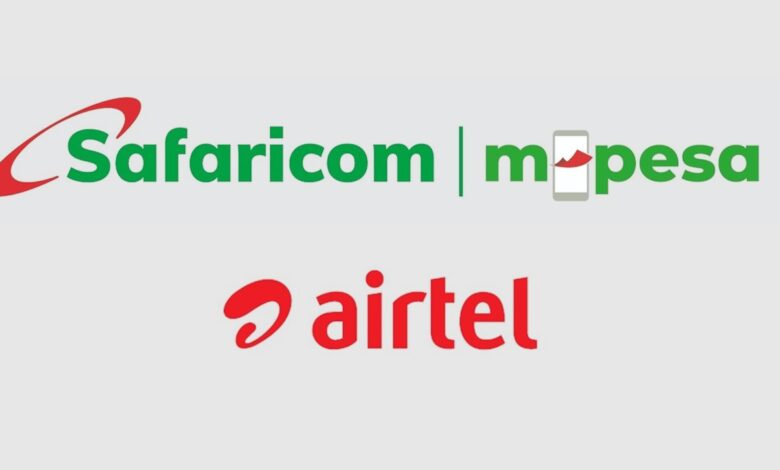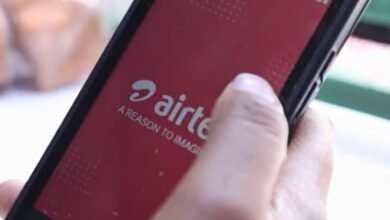
If you’ve been side-eyeing your M-Pesa or Airtel Money charges lately, here’s the plot twist you’ve been waiting for: the Central Bank of Kenya (CBK) is planning to slash mobile money transaction costs from an average of KES 23 to just KES 10 by 2028.
This proposal appears in the National Financial Inclusion Strategy (NFIS) 2025–2028, a document that essentially serves as Kenya’s new roadmap for making financial services cheaper, fairer, and more accessible. CBK is leading the effort, working with both government and private sector players to fix the gaps that keep millions of people, businesses, and households from fully using financial services.
And one of the biggest barriers the strategy points out? Cost. Specifically, the cost of sending money across mobile platforms.
According to the draft, the average fee for a mobile money transaction in 2024 sits at about KES 23. The target is to drop this to KES 10 by enforcing fee caps and pushing for transparent pricing. Safaricom, Airtel, Parliament, and CBK have all been assigned a role in making that happen between 2025 and 2027.
It’s a smart move, because while Kenya leads the world in mobile money penetration, the expenses around everyday transfers still discourage usage especially among low-income users, informal workers, and small businesses. If CBK pulls this off, we could be looking at cheaper P2P payments, fewer cash-based workarounds, and a lot less silent resentment every time the “transaction fee” notification pops up.
But the NFIS isn’t just a one-issue document. It’s meant to clean up the mess created by fragmented policies, scattered initiatives, and everyone building their own solution without talking to each other. The strategy aims to coordinate efforts across government, fintechs, telcos, banks, SACCOs, NGOs, and development partners. It also wants to boost access to savings, digital credit, protection measures, and payments infrastructure, and do so in a way that doesn’t exploit users.
The tone of the document makes it clear: Kenya doesn’t just want people to have financial services, it wants them to actually use them, and use them affordably.
Now here’s where you come in.
CBK is inviting Kenyans to give feedback on the draft before it becomes official. The public has until Thursday, October 9, 2025, to submit their views. The document is available online, and there’s a submission link for comments as well. Whether you’re a fintech founder, an SME, a policy nerd, a boda rider, or someone who has ever reversed a transaction just to avoid withdrawal charges, you have a chance to weigh in.
Once the comment period closes, CBK will refine the strategy and begin implementation from 2025. So yes, there’s a path where sending money will cost less than a smokie, and financial inclusion might actually feel like a lived reality rather than a conference slogan.
The ball is officially in the public’s court, at least until the telcos start negotiating.





